I wonder if Man is the only animal that gambles. It is hard to imagine horses betting on horses, even harder to imagine them betting on humans. Yet I wonder.
The New Oxford American Dictionary says the verb “gamble” means to “play games for money.” That would seem to settle the matter. Animals don’t have money; Q.E.D.
Then the stupid book goes on to define the noun “gamble”—“an act of gambling; an enterprise undertaken or attempted with a risk of loss and a chance of profit or success.” That can take money completely out of the picture, muddling the issue. Regardless, with apologies to Mr. Oxford, the definition is flawed …
By the way, do you ever wonder about Mrs. Oxford? …
“What are you doing, honey?”
“I’m trying to define the word ‘interstice.’ Now, shut up, and leave me alone.”
“You shut up … and take out the garbage, you beast!”
Anyway, with apologies to Mr. Oxford [Just so I don’t appear unnecessarily ignorant, I believe “Oxford” here refers to the Oxford University Press, a department of England’s fine university, not a single person. Isn’t it interesting how easy it is to confuse my idea of humor with your idea of stupidity? … Gives me something to think about.]
I think gambling involves competition. When I bet $2 on Blue Note (not that I ever would), I’m betting against somebody, competing with him for money. In Blue Note’s case, my gain will be the bookie’s loss. On the other hand, if I buy a share of FBN (Fly By Night) stock, I regard the purchase as an investment, not a gamble, even though there is just as much risk of loss and chance of profit as Blue Note provides. The difference, I think, is the apparent lack of competition. Sure, my purchase is somebody else’s sale, but we are not competing. Maybe he sold FBN because he needs money to pay alimony or his bookie.
Getting back to animals, do they ever compete against each other? You bet they do. There is plenty of anecdotal evidence that horses enjoy racing against each other, and if you can’t settle for anecdotal evidence you must be a bookkeeper, lawyer, or computer programmer, not a real person.
That brings us to the matter of profit and loss. I believe horses compete to see which is the better horse.
So what? … So everything! The better horse retires to a stud farm. The losers end up at the glue factory.
In conclusion: Yes; animals do gamble. Not for money, but for higher stakes. And we thought we gambled!
Support local, independent news – contribute to The Fallon Post, your non-profit (501c3) online news source for all things Fallon.
Never miss the local news -- read more on The Fallon Post home page.
The Fallon Post -- 1951 W. Williams #385, Fallon, Nevada 89406


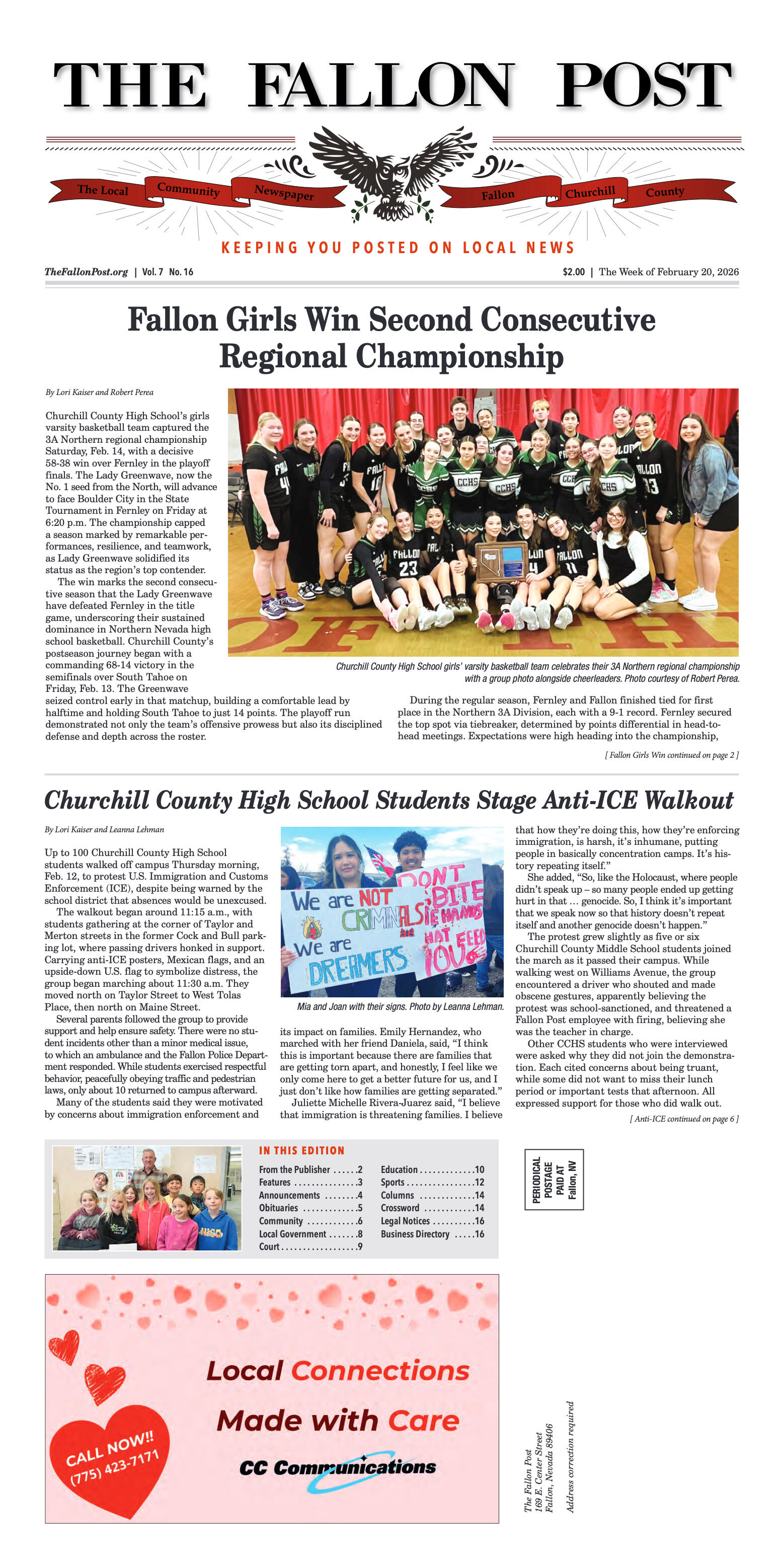
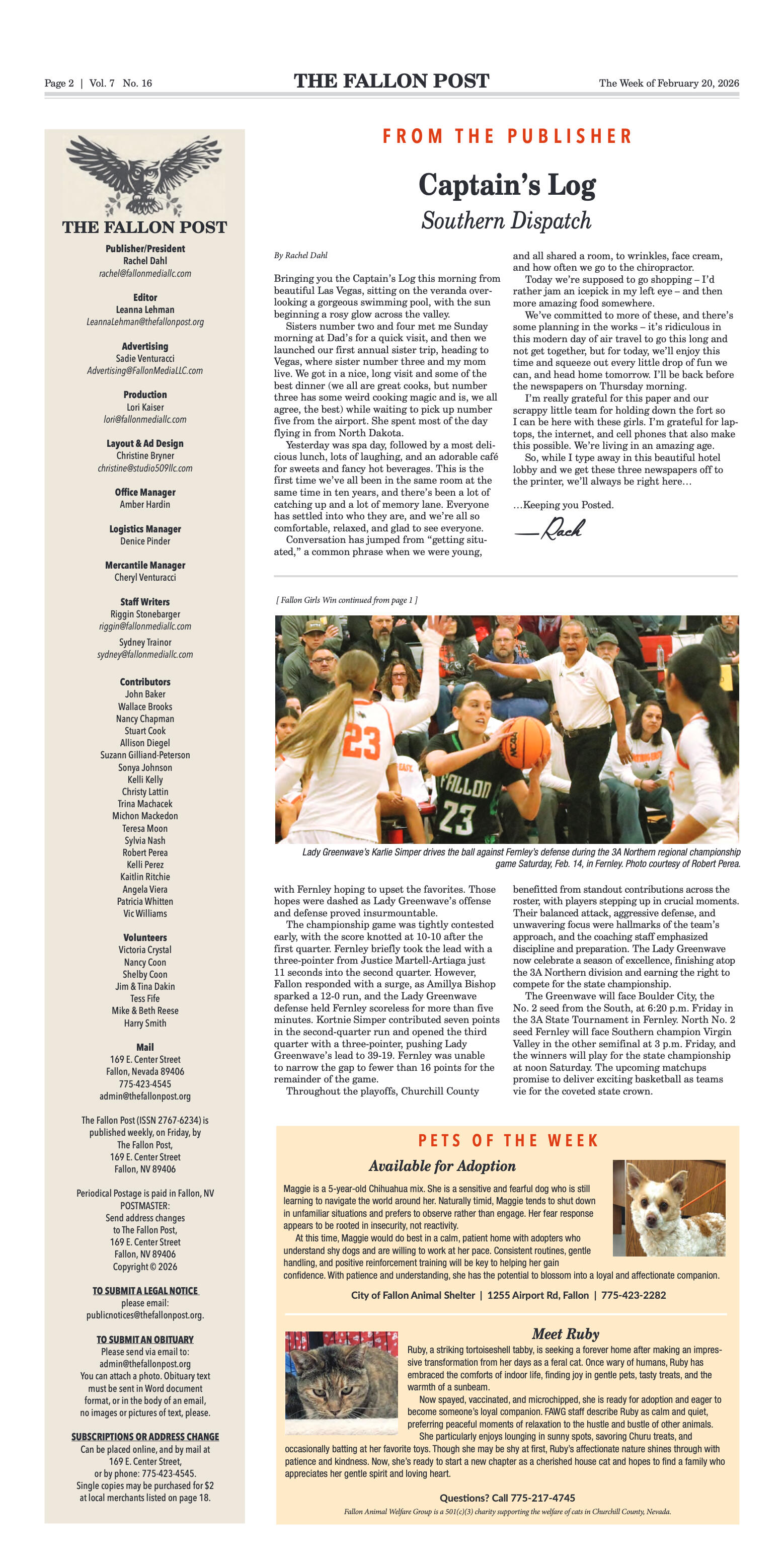
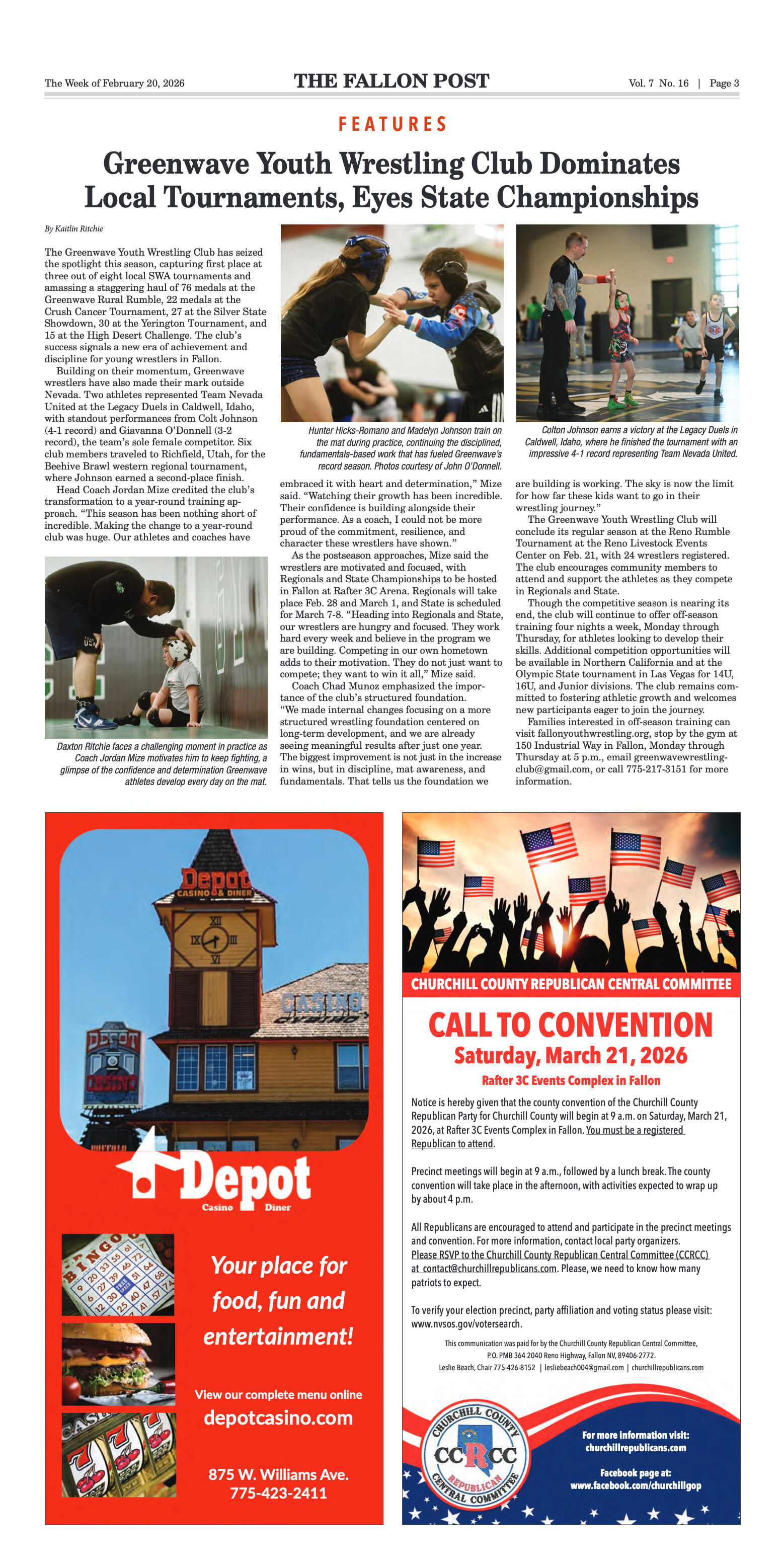
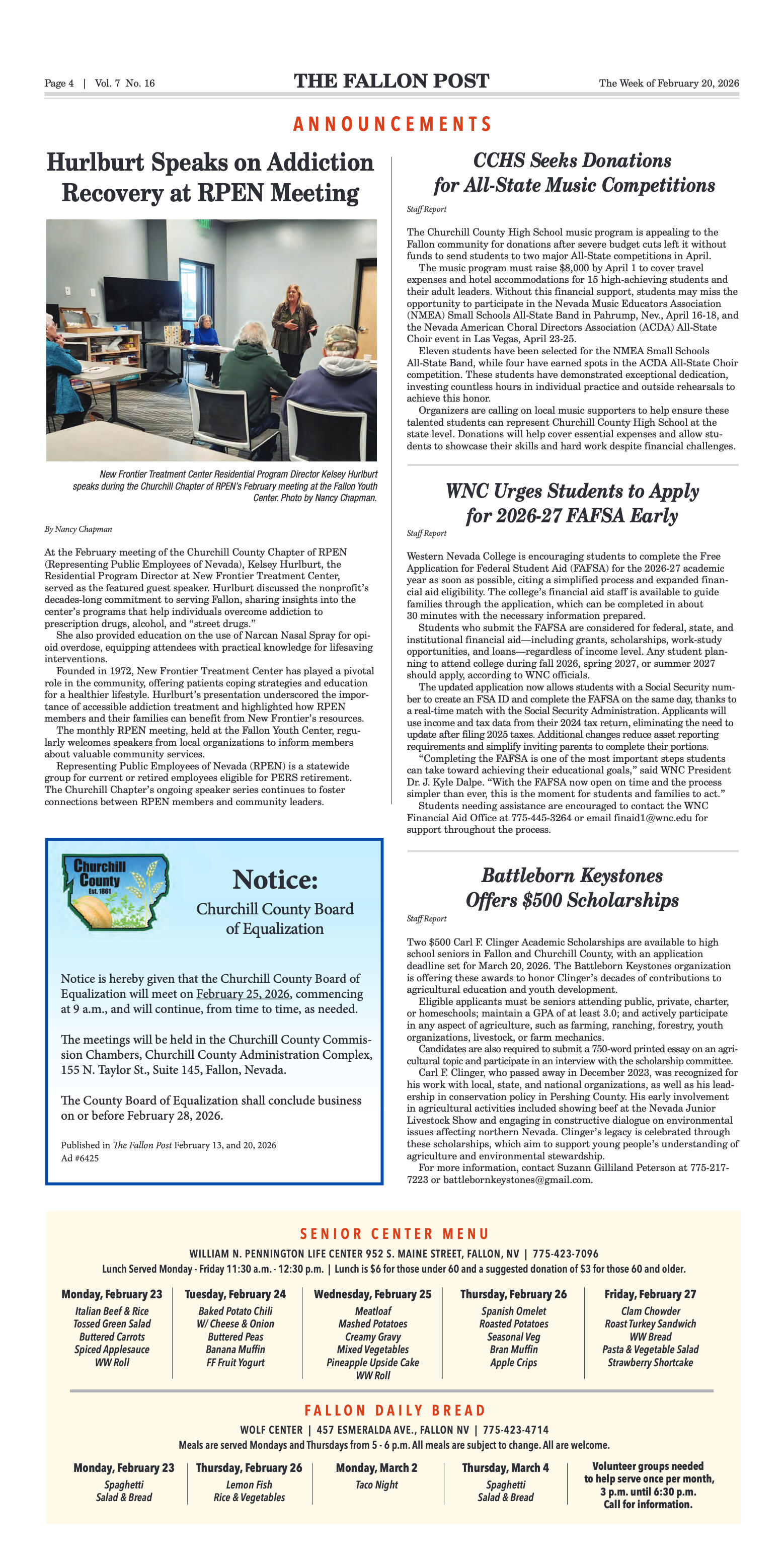
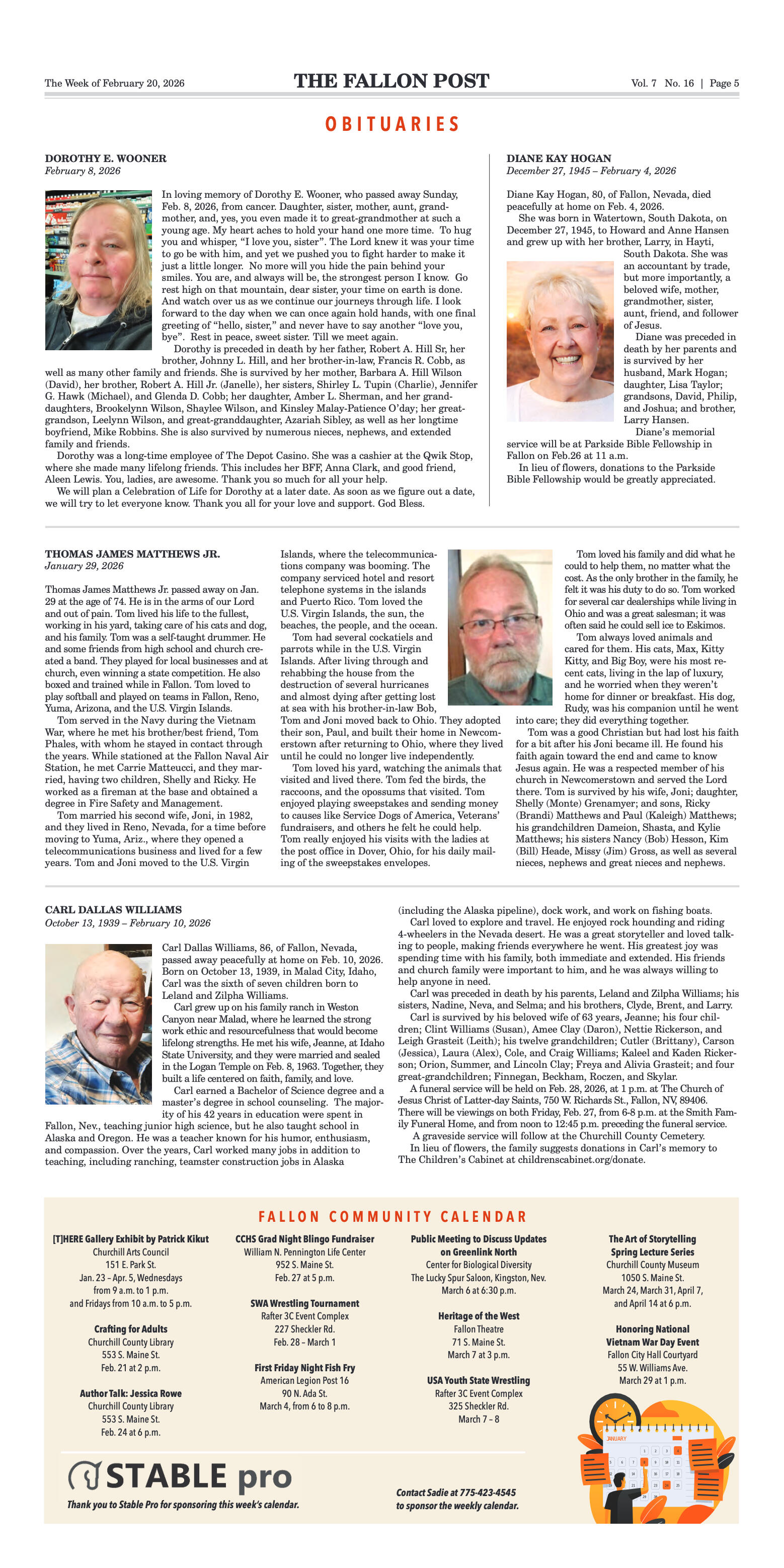
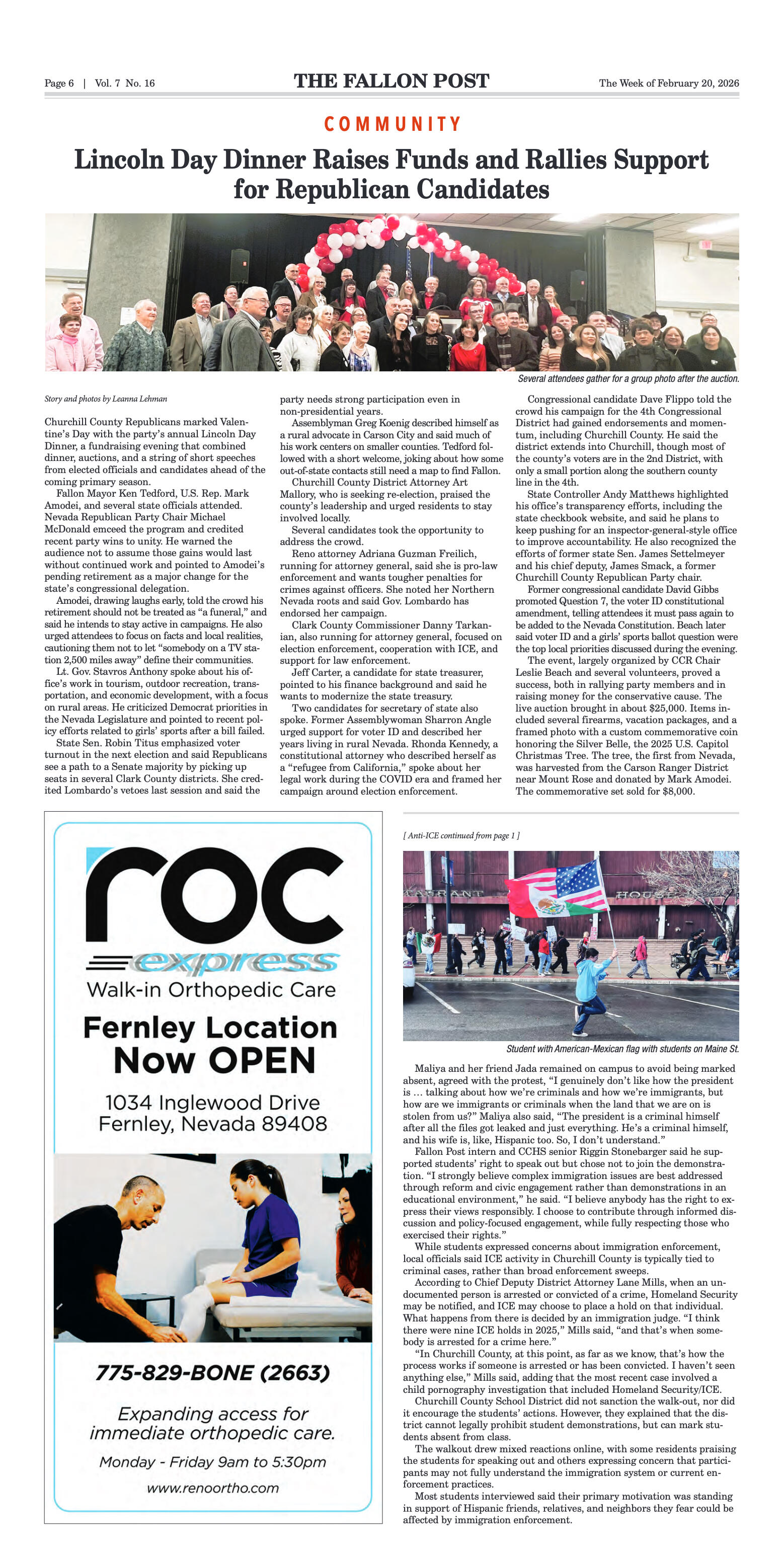
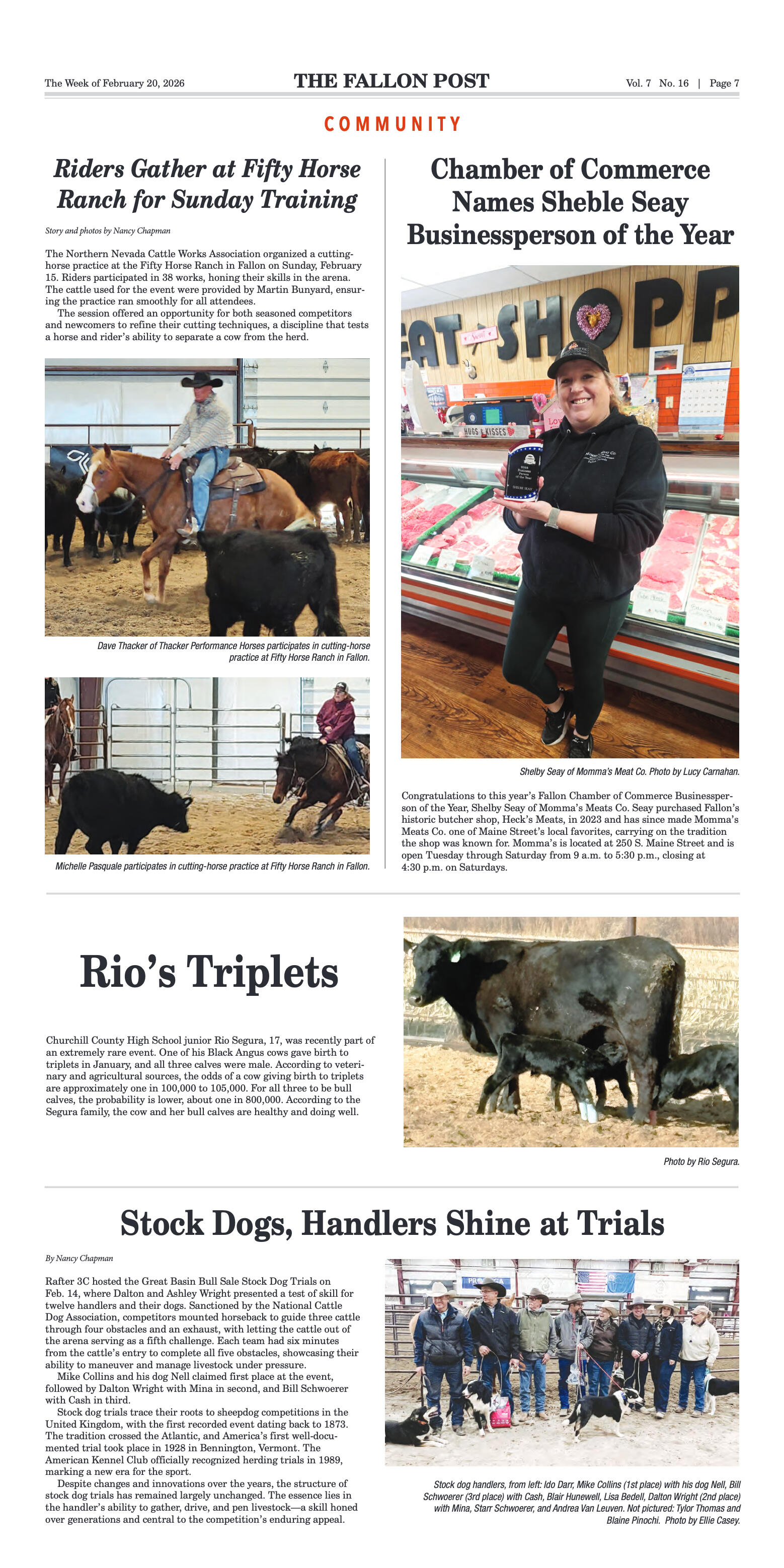
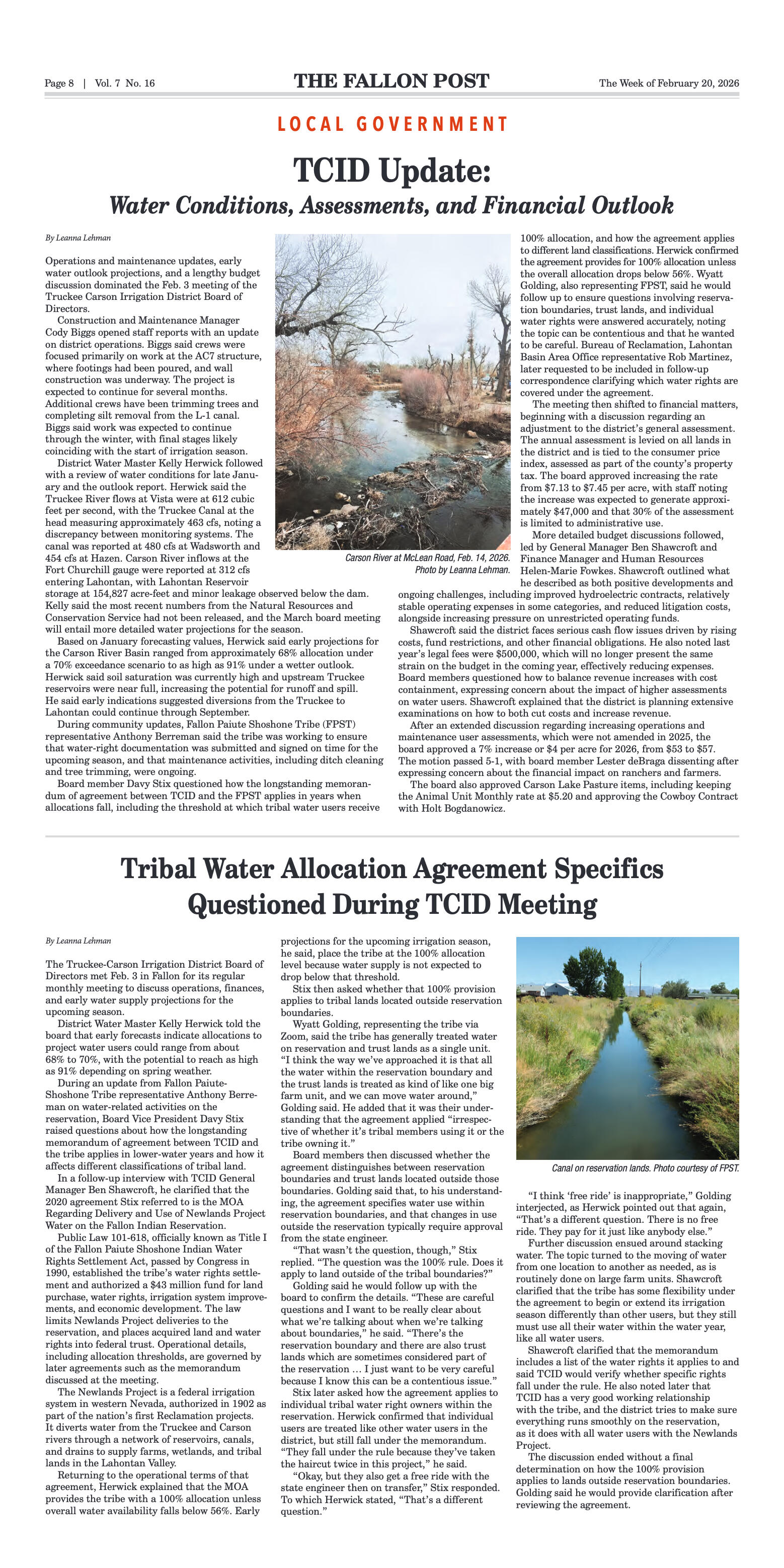
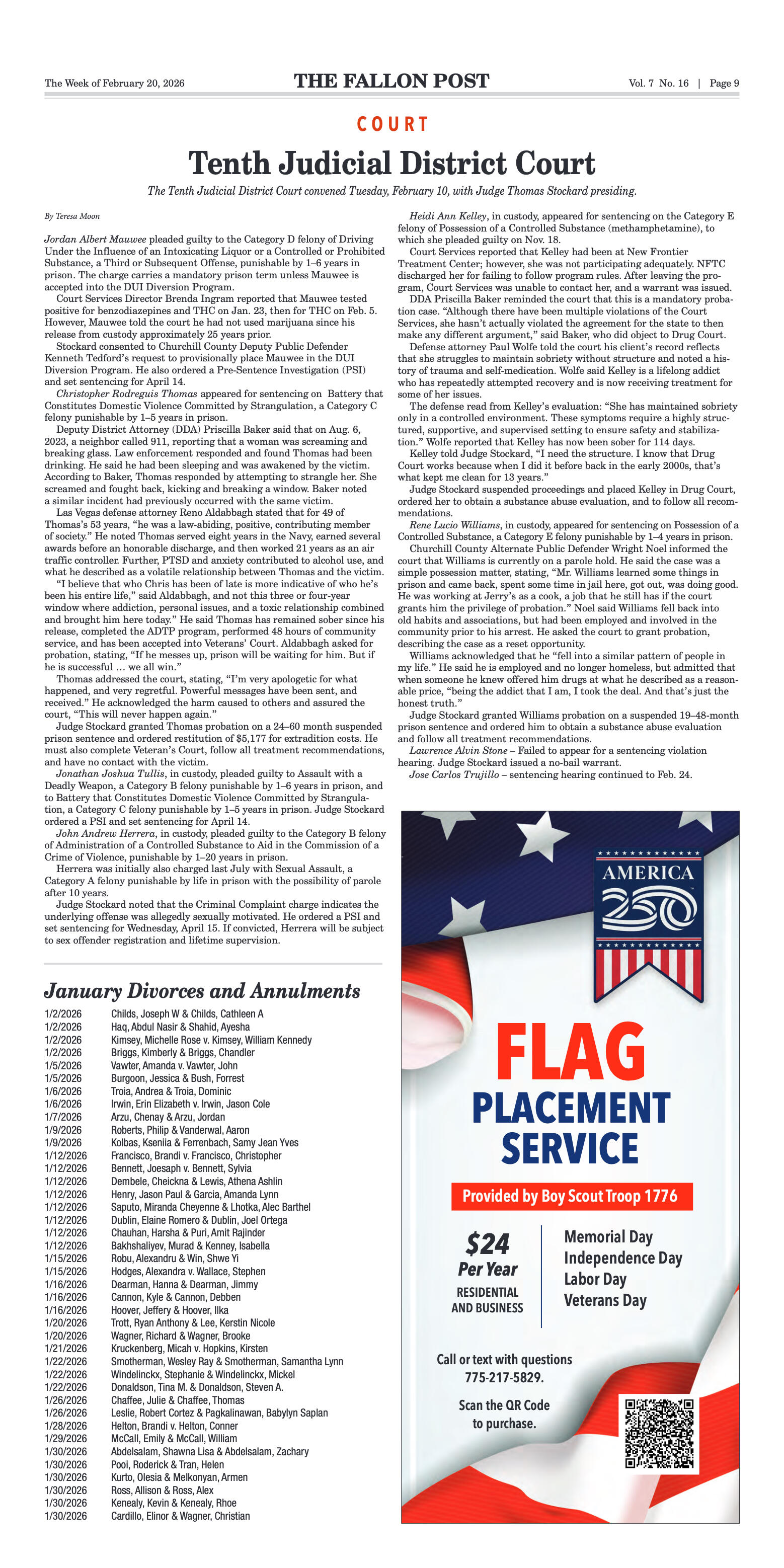
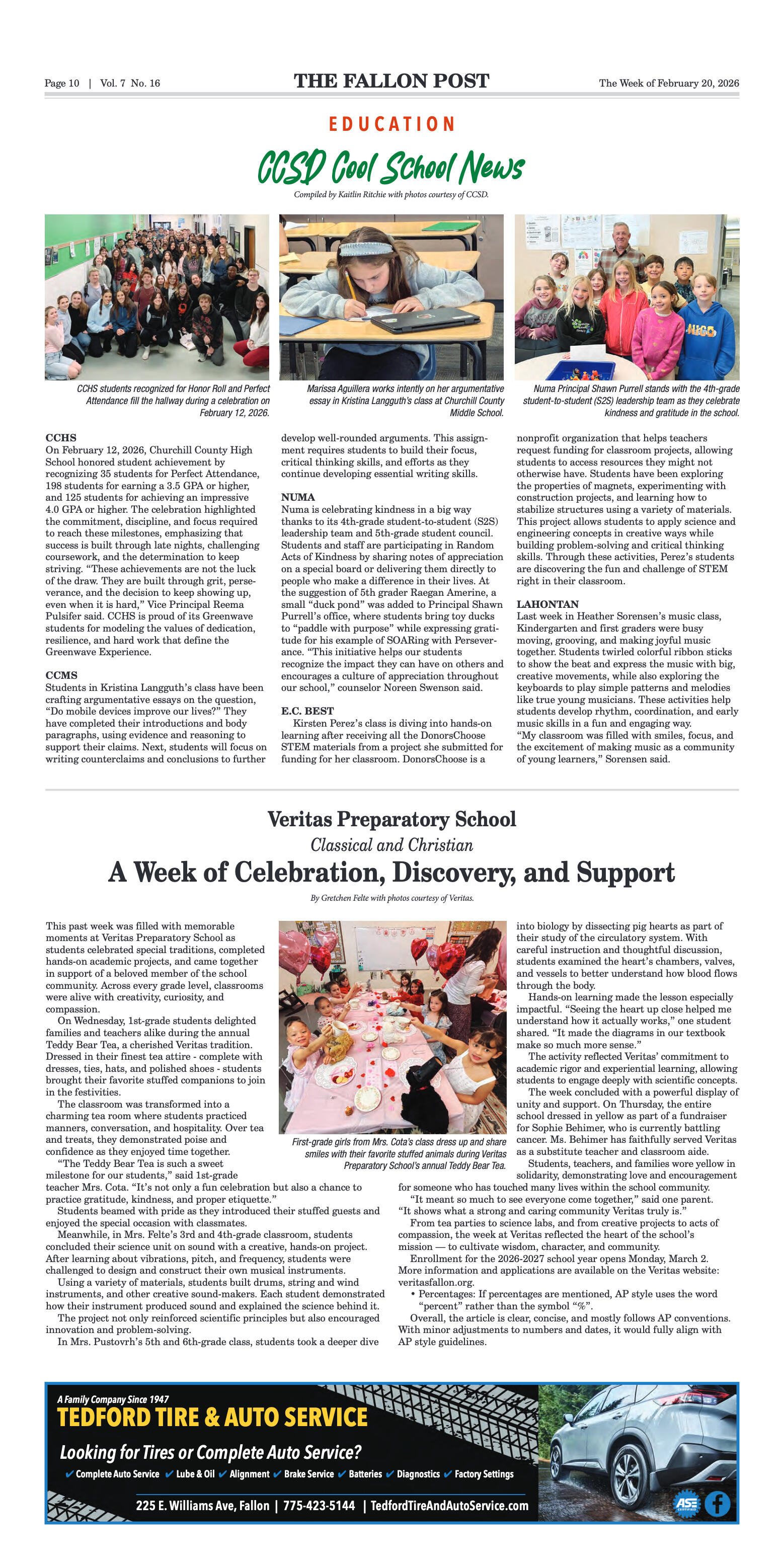
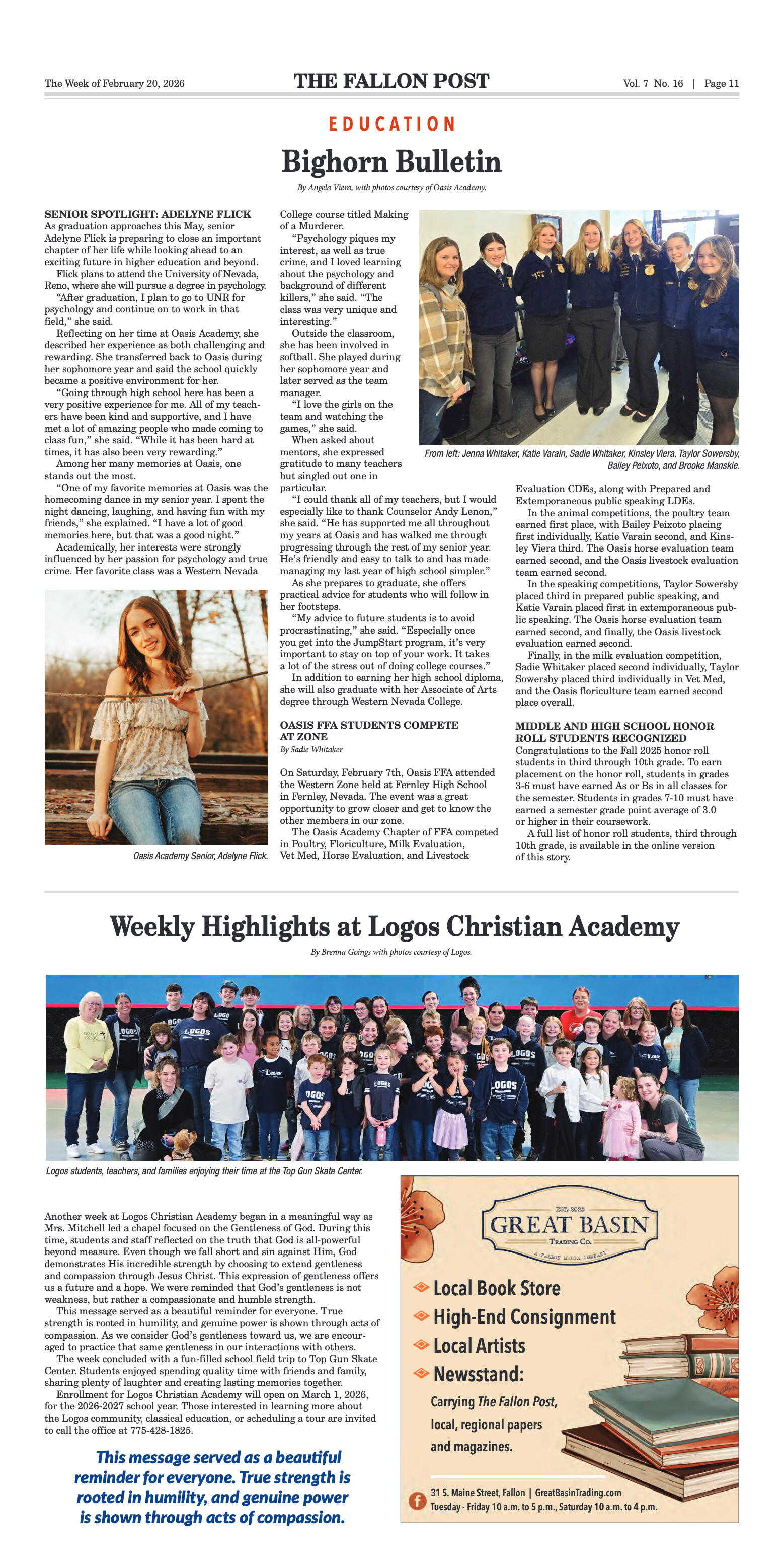
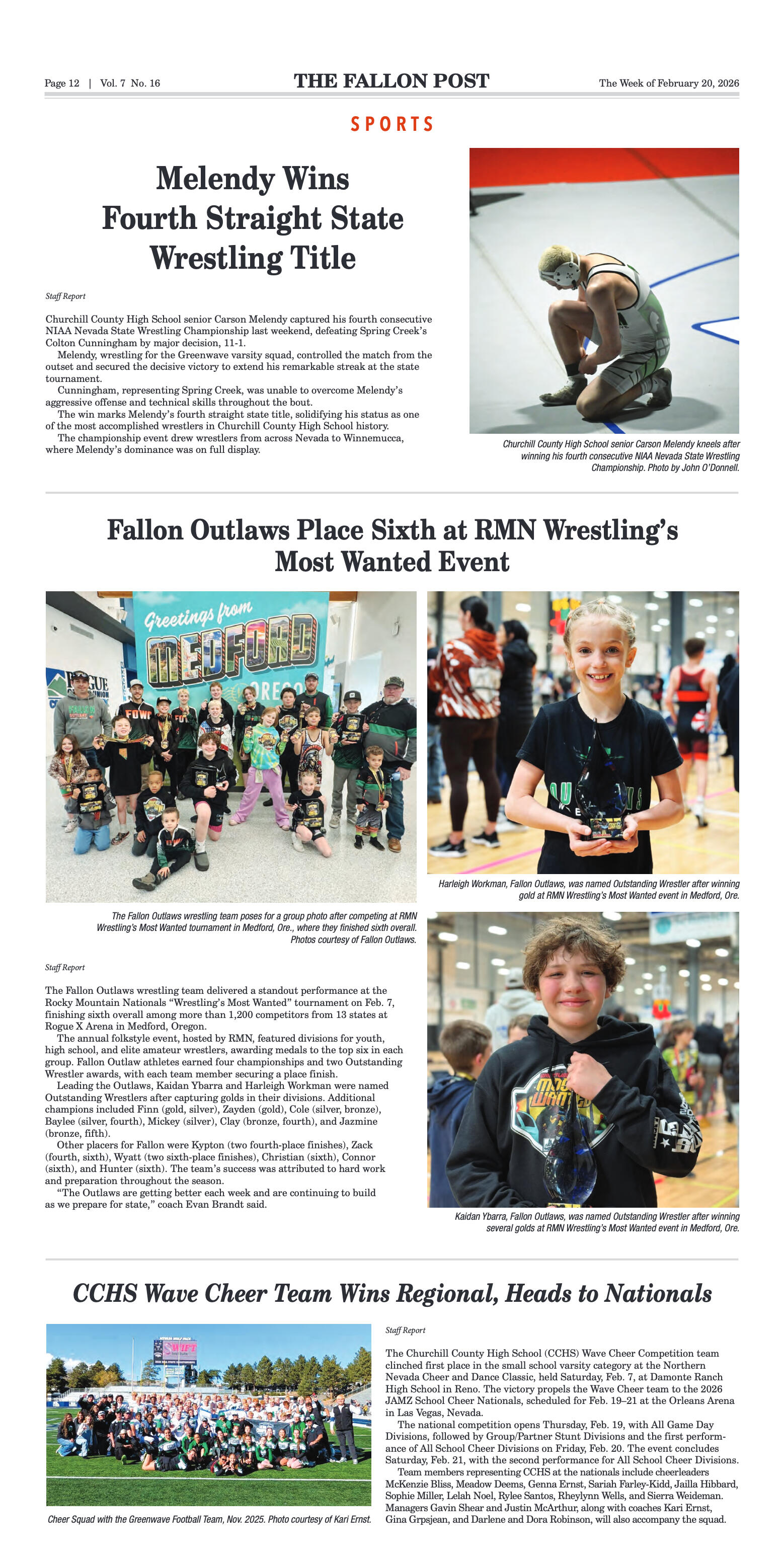
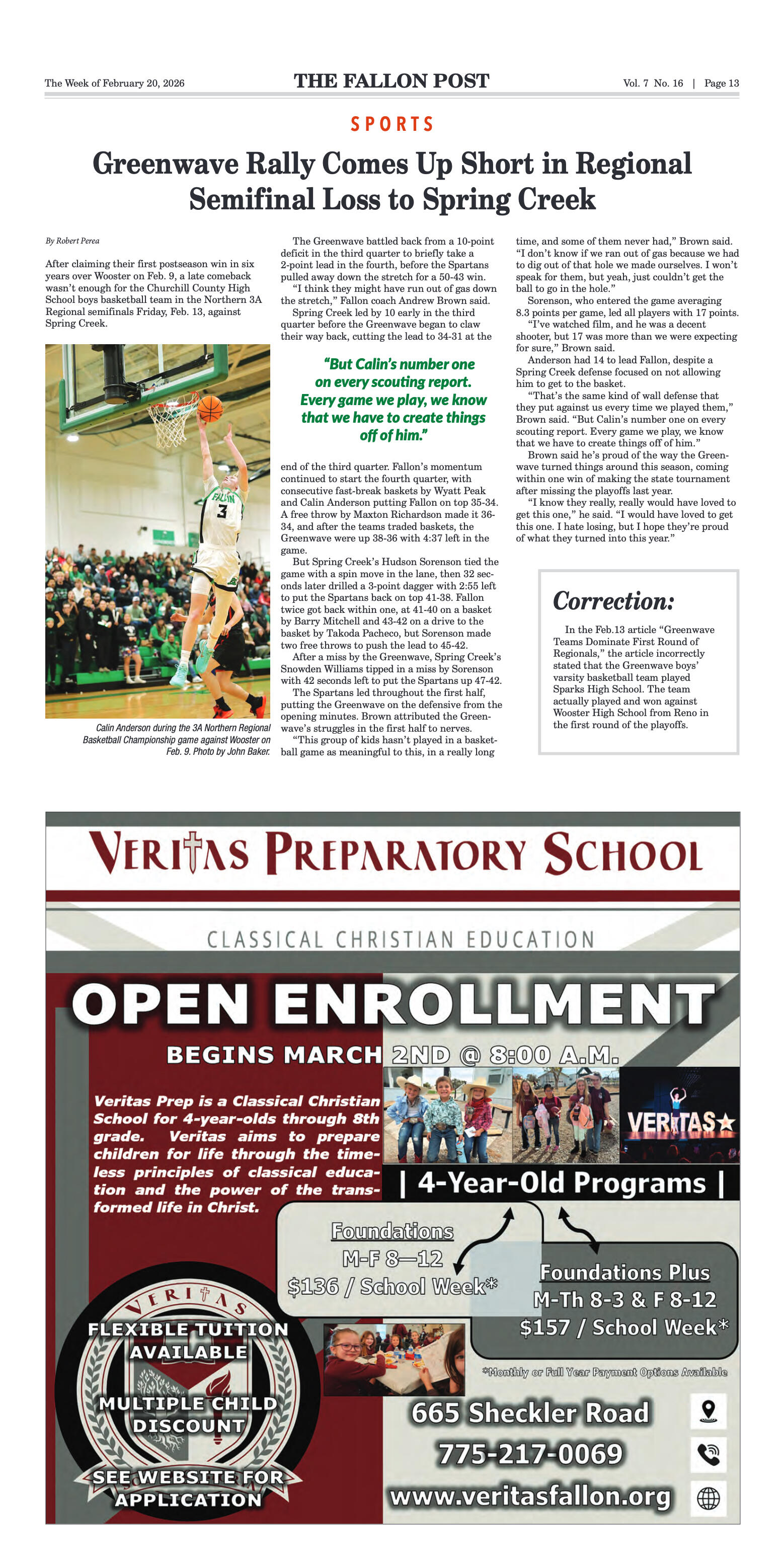
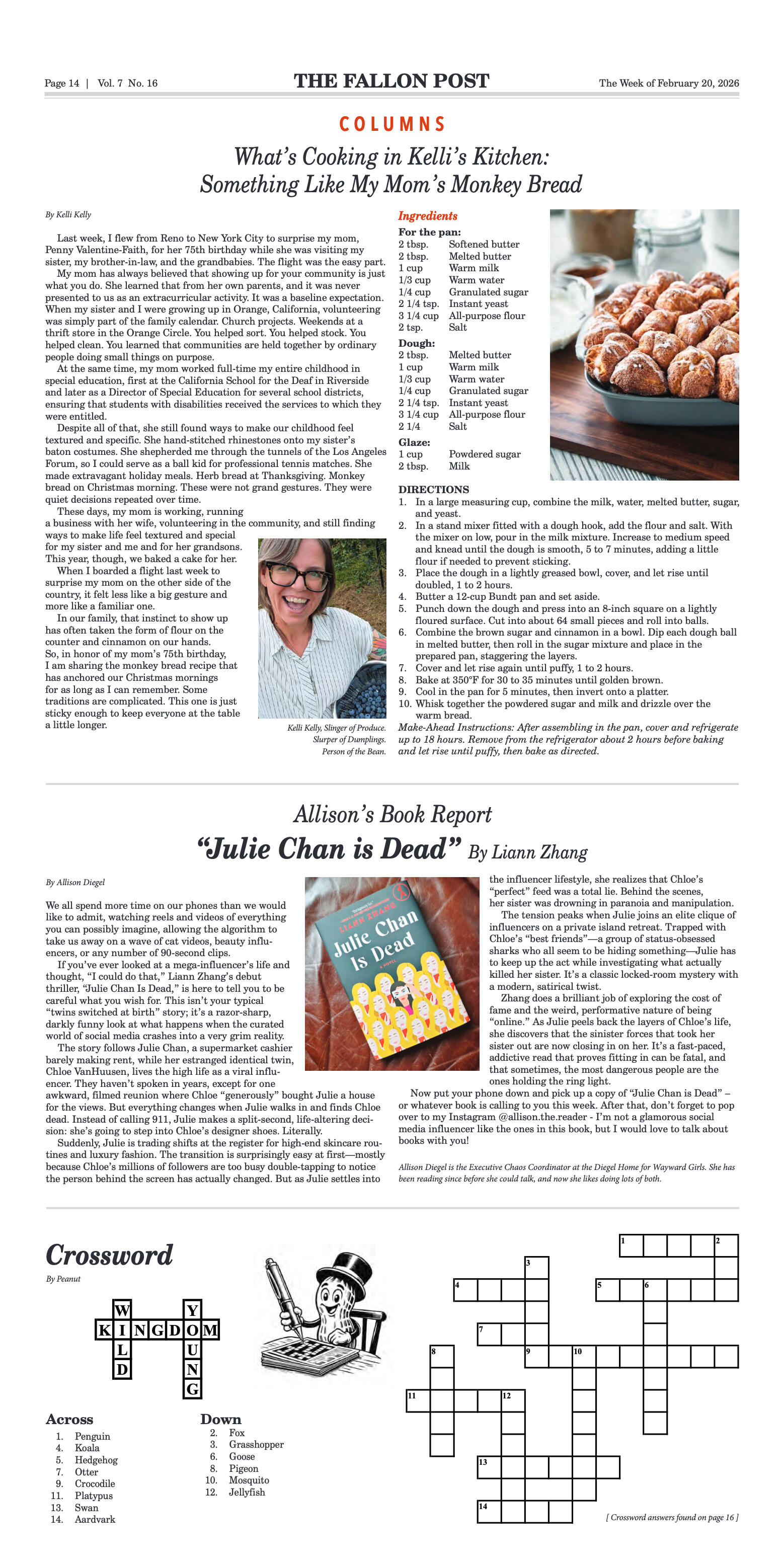
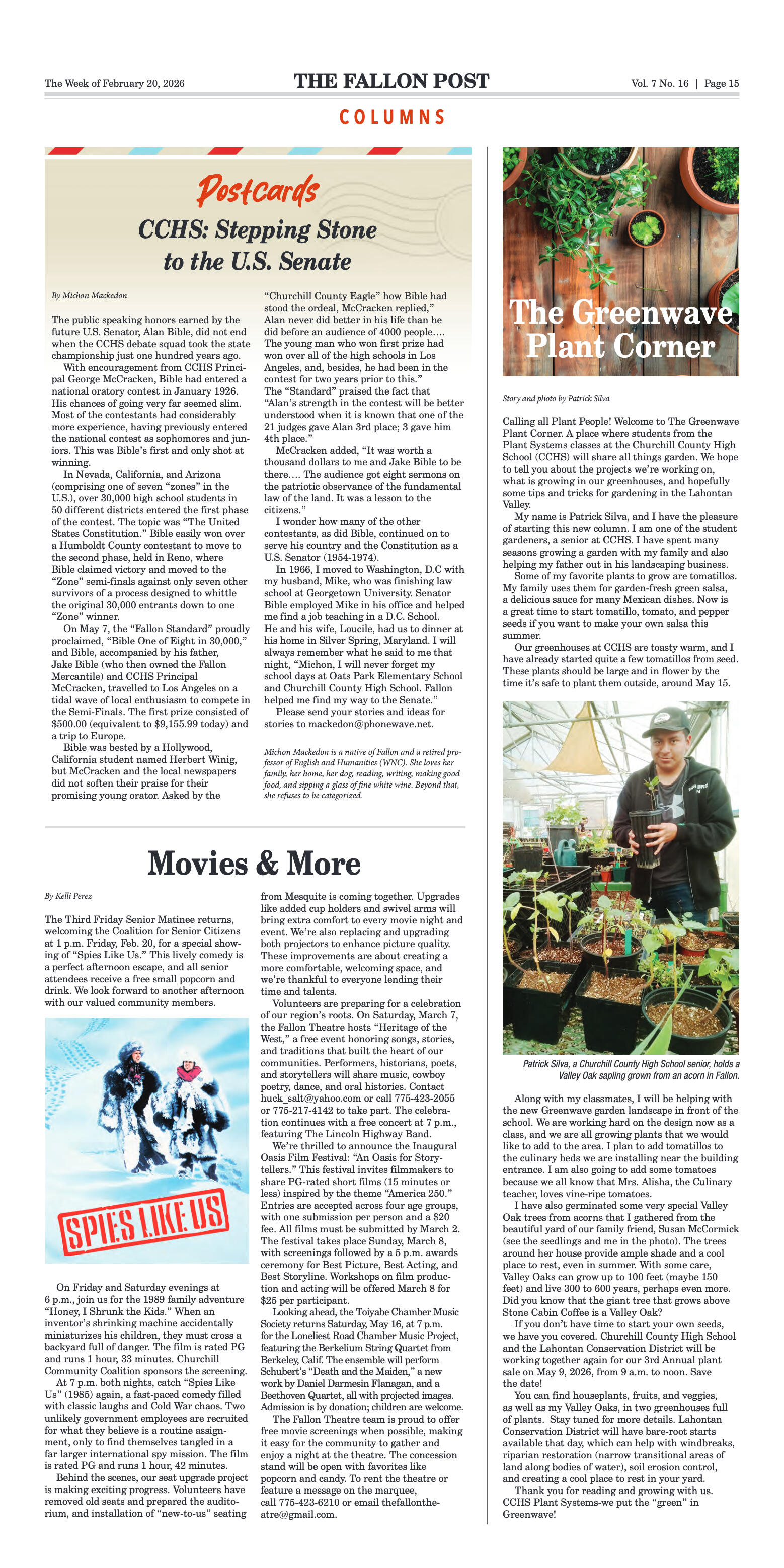
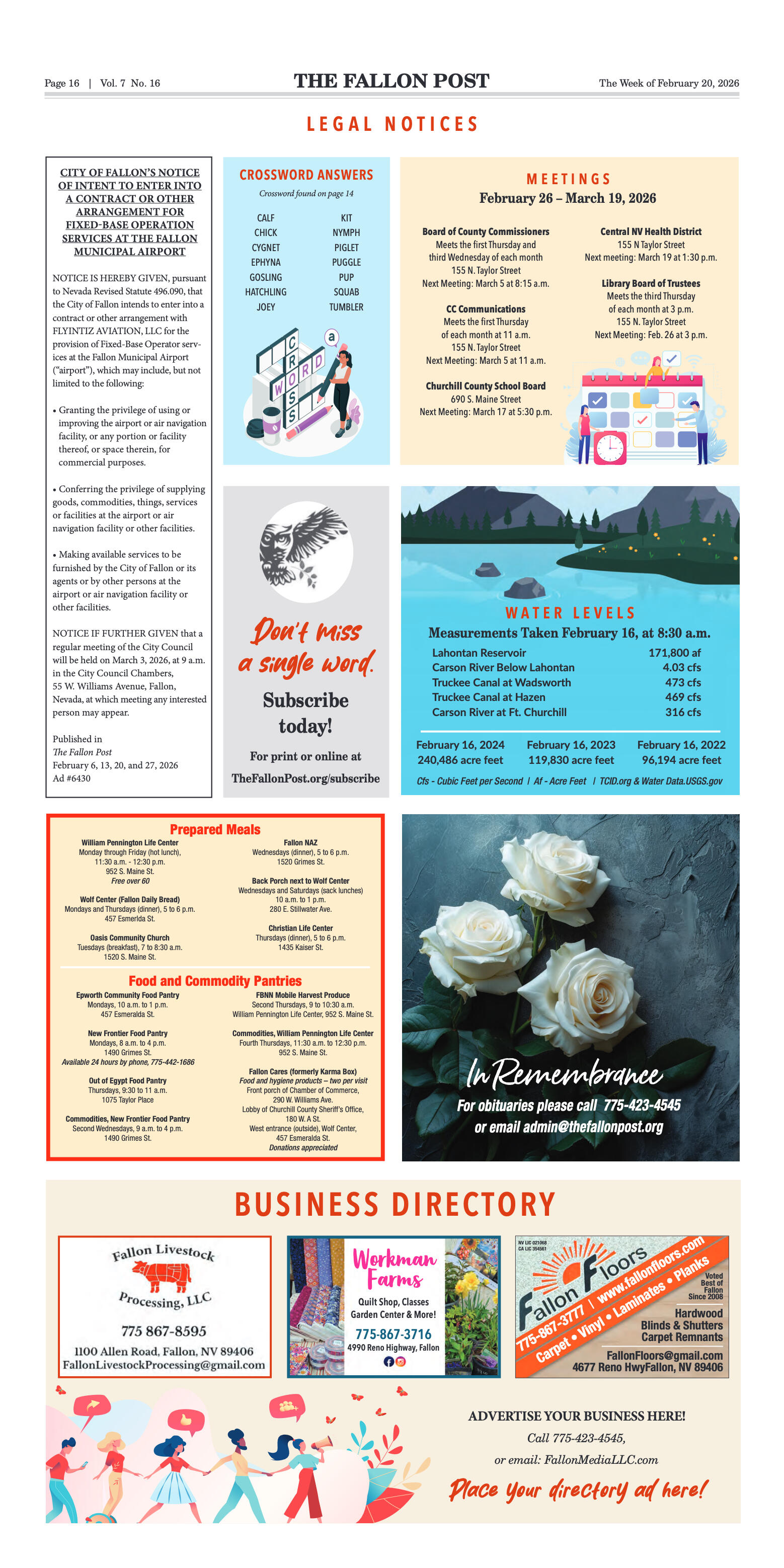

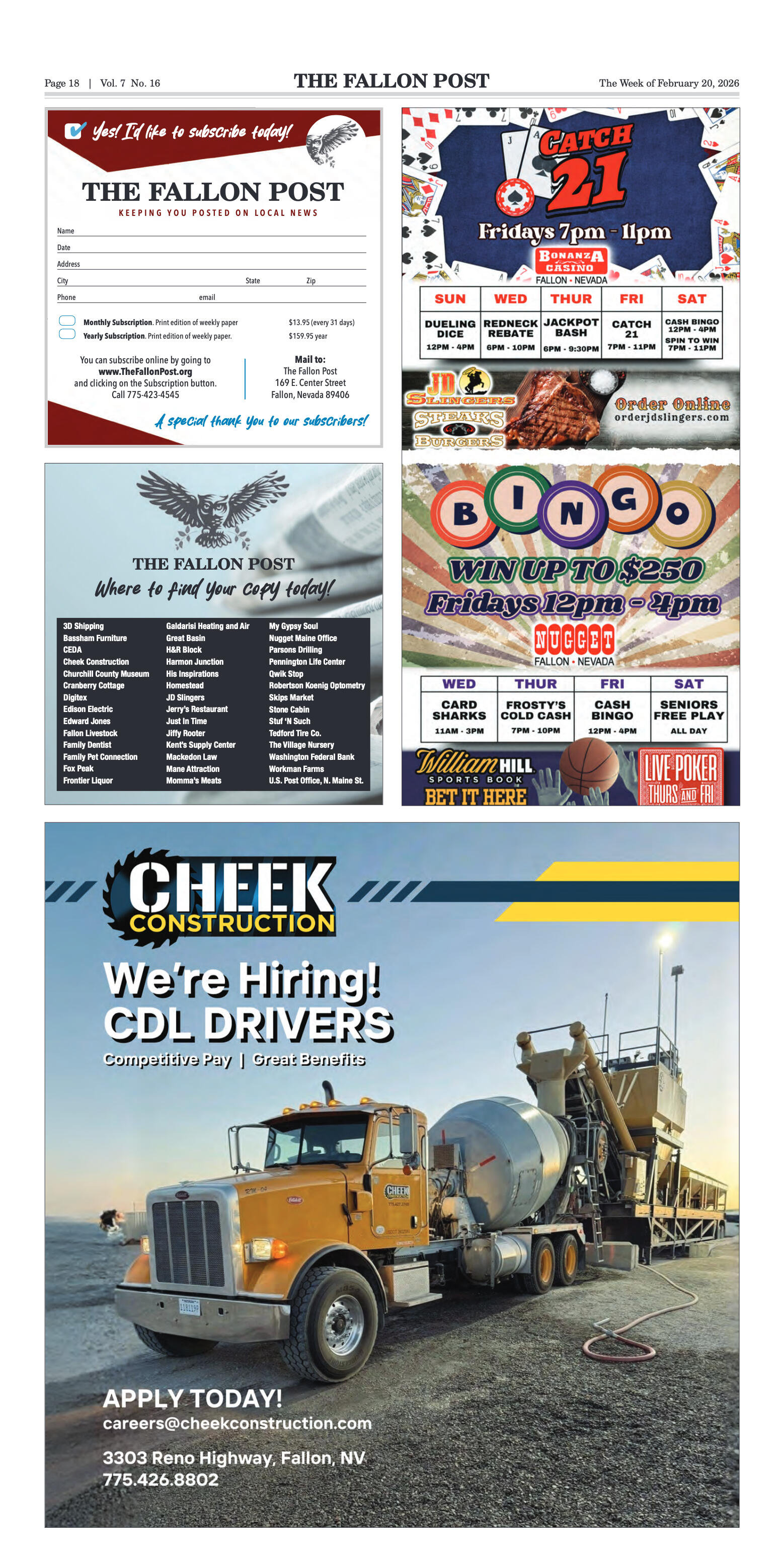


















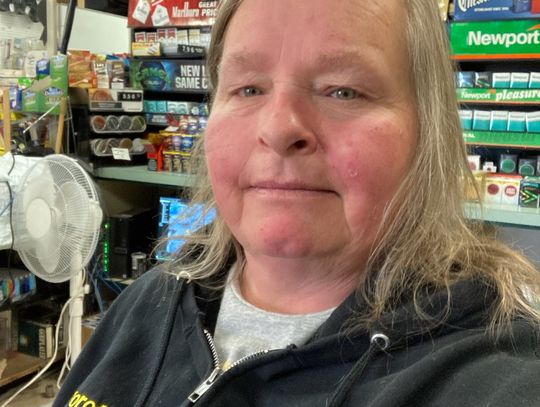


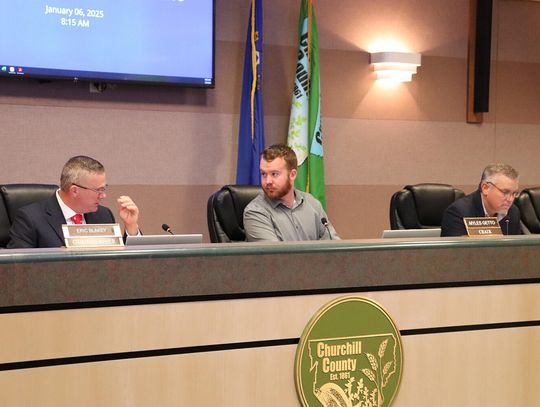


Comment
Comments